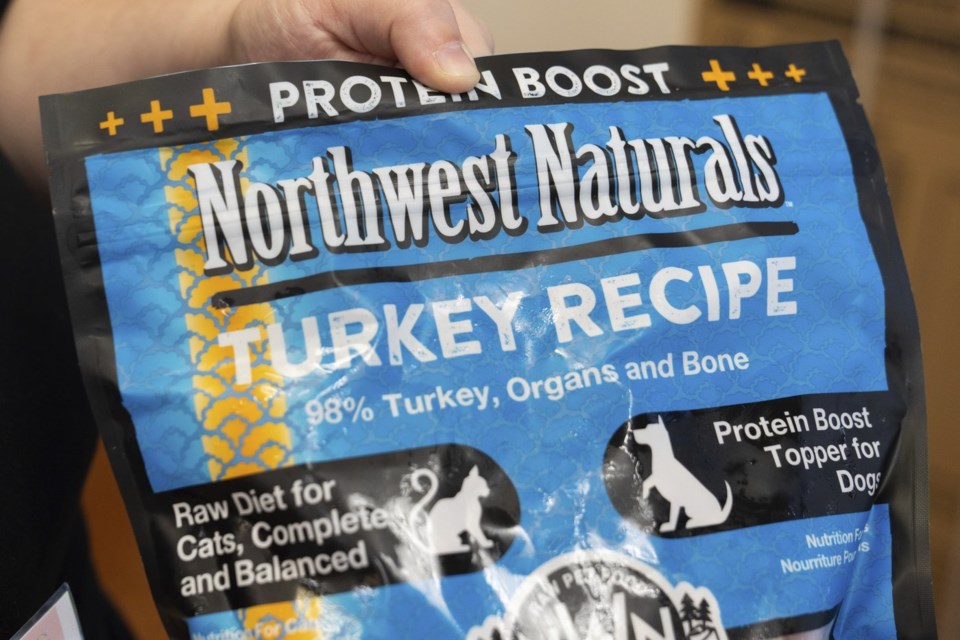
Mental disorders account for a significant and growing proportion of the global burden of disease and yet remain a low priority for public financing in health systems globally (WHO, 2001). Upon increased awareness on the case for investment in mental health care, the reliance on out-of-pocket payments in Sub-Sahara Africa remains high (Dixon, McDaid, Knapp & Curran, 2006). Despite these people who become stabilized still endure difficulties of getting employment opportunities and means to secure livelihoods.
In Ghana, the social welfare system is perceived not to be adequately finance enough to support the vulnerable which include people with mental health conditions. This therefore necessitated BasicNeeds-Ghana to work to secured funding from the United Nation Development Programme – Adaptation Fund Climate Innovation Accelerator (UNDP-AFCIA) to implement an inclusive organic dry season vegetable gardening and small ruminant rearing project which seeks to break the poverty cycle among people living with mental health conditions and vulnerable widows. This initiative supported 202 (126Female) people with lived experience of mental illness or epilepsy, carers and vulnerable widows to establish dry season vegetable gardens alongside rearing of small ruminants as part of enhancing climate resilience, improve food and incomes contributing to enhance health and wellbeing.

The primary target beneficiaries include women, men, girls and adolescent with mental health conditions, or epilepsy, care givers and vulnerable widows. These persons are often poor and suffers from stigmatizationand discrimination and also, they do not get the needed support to engage in income generating activities to meet their basic needs and treatment cost. The initiative is been implemented in three regions, four districts and ten communities.
They includeWest Mamprusi Municipality (Bugiya, Takorayili) in North East Region, Talensi District (Gbeogo, Baare) in the Upper East Region, and Kumbungu District (Voggu, Kpalisogu, Gbulung), Savelugu Municipality (Zaazi, Bihinaayili, Nyoglo) both in Northern Region. The project is designed using effe ctive innovative organic vegetable farming practices that are environmentally sustainable. These practices include the production of organic manure through the use of animal’s waste, and the production of bio-pesticides through the use of neem tree extracts.
These innovations are helping to improve productivit y whiles mitigatethe impact of climate change. This project is supporting 202(126F) poor and marginalized persons with mental health conditions or epilepsy, and widows to acquire dry season gardening skills and competencies, produce vegetable to enhance their food and income needs. Women are specifically targeted and actively encouraged to participate in the dry season gardening, which is dominated by men in the target communities.
Male counterparts of the beneficiaries will be sensitized to support their partners in the gardening activities while ensuring the women maintain access to and control of the produce of the gardens and incomes realized. This project specifically addresses the needs of women by empowering them to secure food and income and given them voice to become development advocates. Mr.
Azuure Sandow Stanislaus, Programme Officer BasicNeeds-Ghana, said; the vegetable garden project has contributed income- generation opportunities for beneficiaries. It has enhanced income for 202 (126F) project beneficiaries who are persons with lived experience of mental health conditions and their primary caregivers and vulnerable widows. These beneficiaries had little or no capital to set up and grow their own businesses due to the recurrent cost of their treatment.
With the support of the project the beneficiaries are now engaged in vegetable and livestock farming as means of livelihood which helps to improve family income and food security. Their active engagement in these farming activities has also had therapeutic effect on their recovery by reducing relapse cases, boosting their confidence and restoring their dignity. The beneficiaries are now able to afford their regular treatment costs and meet other family obligations from the incomes generated from farming activities.
Moreover, the project is providing self-employment for persons with mental illness or epilepsy, care givers and vulnerable widows. They acquired knowledge and competencies through training on organic manure and bio-pesticide production, animal husbandry, nutritional value of vegetables and financial management training. Through these trainings, beneficiaries’ gains learning experience, and therefore, become responsible and contribute meaningfully to societal decision making and developmental process in their communities.
These livelihood activities provide them with guaranteed job, and they become active and productive to themselves and their families. Hence the burden of families taken care of them is reduced, and there is reduce bordun and idling which eventually leads to reduction of relapse cases. Furthermore, the project contr ibuting to enhancing the recovery process, improving integration and acceptance of stabilizedmental health service users and vulnerable widows into the wider society.
The ability of stabilized mental health service users to learn in providing practical solution to problems makes them strong and healthy. The perception that they cannot be productive is now changing and most stabilized mental health service users are now actively taking part in activities within their households and in the community at large. The mere fact that the public is purchasing vegetables sold by mental health service users is an indication of societal acceptance for persons with mental health conditions.
Finally, the project has empowered 126 women to be economically independent and be able to contribute to the needs of their respective households. In all, women are contributing to community development and participating in the decision-making process at family and community levels. The project baseline study established that a total of 2,626 are indirect beneficiaries from these vegetable gardens and an average household size of 13 was established.
Hence, a total of 3,521 community members, comprising of direct and indirect beneficiaries are currently improving their nutrition and income. To conclude, the project is therefore contributing to achieving some of the Sustainable Development Goals including (G1) End poverty in all its forms everywhere (G2) End hunger, achieve food security and improved nutrition and promote sustainable agriculture, (G3) Ensure healthy lives and promote well-being for all at all ages, (G13) Take urgent action to combat climate change and its impacts, (G8) Promote sustained, inclusive and sustainable economic growth, full and productive employment and decent work for all and (G5) Achieve gender equality and empower all women and girls..















